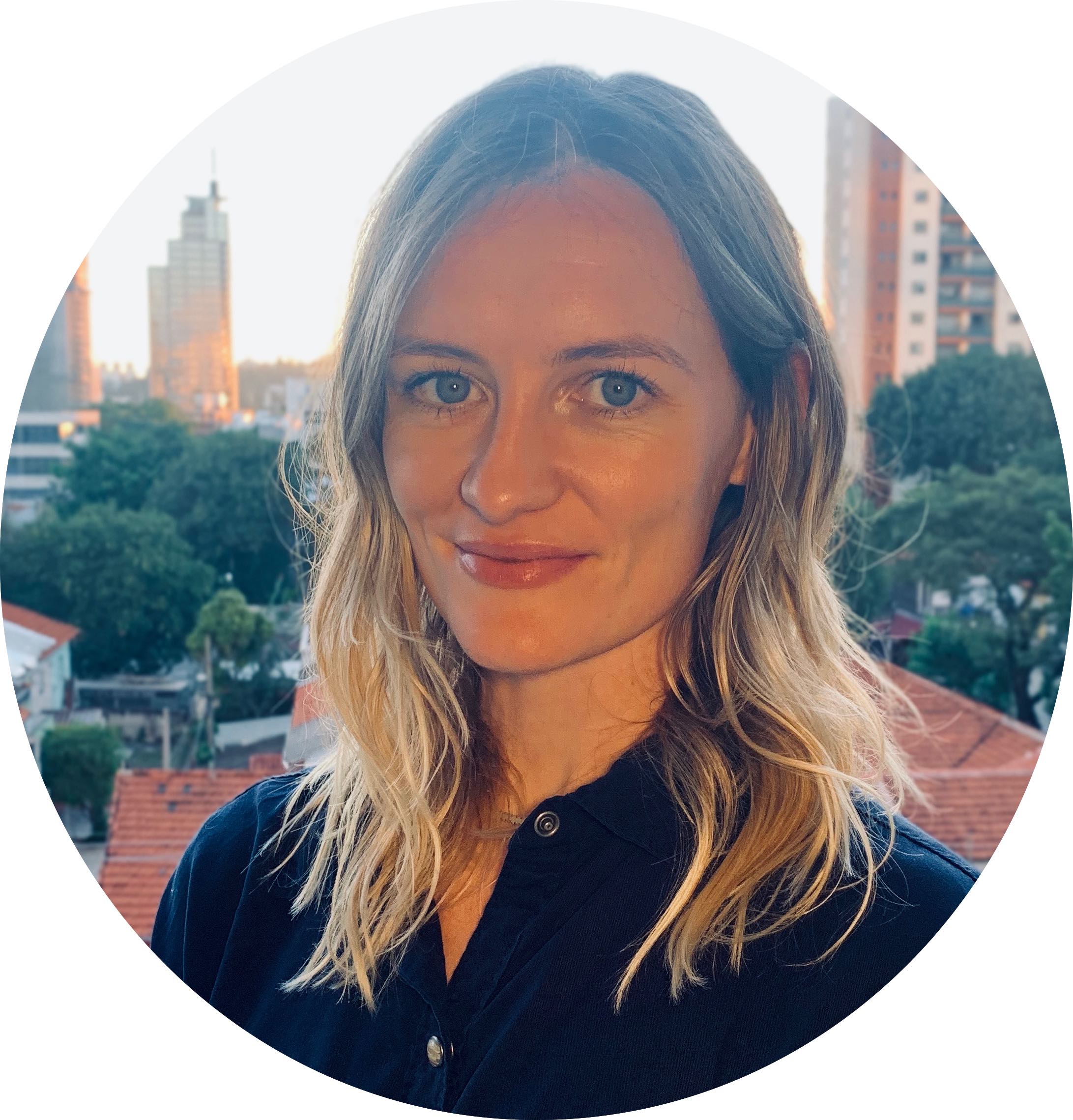Liz McKenna


Hello! I am an Assistant Professor of Public Policy at the Harvard Kennedy School. I received my Ph.D. in sociology from the University of California, Berkeley in 2020 and come to HKS from a post-doc at the SNF Agora Institute at Johns Hopkins University and pre-doc at Stanford's Center on Philanthropy and Civil Society. I use multiple methods (ethnographic, interview, geospatial, and social network analysis) to study organizations, power, and political change. My current research program examines how civil society can both enable and constrain democracy.
I was honored to receive the 2021 American Sociological Association Dissertation Award for a five-year prospective study that drew on longitudinal social network analysis, 220 interviews, and 30 months of field research to examine the patterned interactions of right and left-wing social movement organizations, capital fractions, and political parties in Brazil. Titled The Revolution Will Be Organized: Power and Protest in Brazil’s New Republic, 1988-2018, I show how the organizational dynamics of civil society affect the rise and fall of political regimes. I argue that especially in an age of diffuse media, atomized protest, and hollowed out party systems, the political labor of group-making that happens inside organizations can critically affect the conditions that give rise to (or protect against) illiberal politics.
P3 Lab research
In a separate project with Hahrie Han and Michelle Oyakawa, our book Prisms of the People: Power and Organizing in 21st Century America (University of Chicago Press, 2021) uses a most-different case selection strategy to study grassroots organizations in six American states that won significant victories. We examine how organizational leaders build constituency bases with the kinds of characteristics that enable the collective and strategic exercise of political power. My first book, also co-authored with Hahrie Han, Groundbreakers: How Obama’s 2.2 Million Volunteers Transformed Campaigning in America (Oxford University Press, 2014) analyzed how the Obama campaign turned a social movement into an electoral machine. We identify how parties and campaigns interact with—and sometimes act as—social movements. Before graduate school, I worked as a political and community organizer in Ohio and Rio de Janeiro and earned a B.A. in social studies from Harvard.